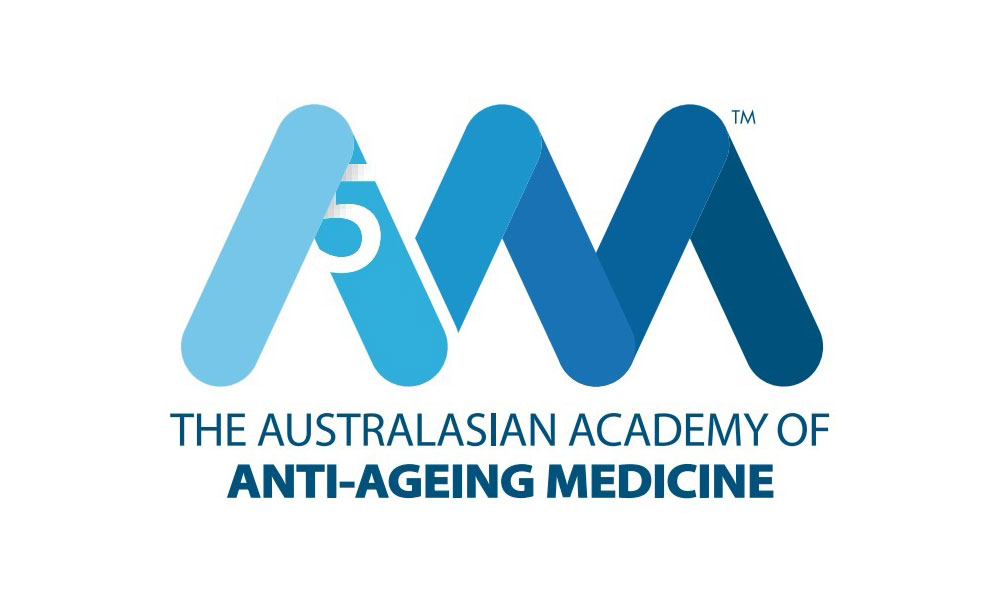
PRESENTATION ABSTRACT: The Inflammation-Depression Connection, To Be Presented At The 6th Annual A5M Conference, Melbourne, Australia, August 18-19, 2012
Depression ICD-9 296.3
Presentation Abstract
Title: The Inflammation-Depression Connection
To be presented at The 6th Annual A5M Conference In Anti-Aging and Aesthetic Medicine
Melbourne, Australia, A5M Website click here
August 18-19, 2012
By Dr. James Stoxen DC President, Team Doctors, Treatment and Training Center
Abstract
Depression represents a major public health problem. In Australia, Major depression accounts for more days lost to illness than almost any other physical or mental disorder. Approximately 20% of people will be affected by depression and 6% will experience a major depressive illness. Studies have also shown that there is a correlation between chronic depression and the development of Alzheimer’s, Parkinson’s and dementia later in life.
There is substantial literature linking inflammation with the risk for depression. The purpose of my presentation is to list the inflammatory mediators and their link to depression and inflammatory disorders such as MS, cardiovascular disorders, rheumatoid arthritis and osteoarthritis.
Increase inflammatory cytokine expression and the development of concurrent psychiatric symptoms were initially observed after administration of cytokine therapy to patients afflicted with cancer hepatitis and MS. It has been found that patients with depression have high levels of inflammatory biomarkers. This suggests that inflammation can be a mediator for depression.
The purpose of this presentation is to review these studies and determine their potential to lead to interventions which may reduce the risks for inflammatory diseases of aging such as osteoarthritis cardiovascular disease and the symptoms related to varying degrees of depression.
Depression is obviously a stress sensitive disorder, however the actual causal mechanism for their relationship is unknown. Research team led by Carnegie Melon University’s Sheldon Cohen, has found that chronic psychological stresses associated with the bodies losing its ability to regulate the inflammatory response which can promote the development and progression of the disease called depression. So while inflammation can cause or be linked to depression, also stress and depression can also be linked back to inflammation.
Aging is also associated with the increased likelihood of chronic pain and inflammatory conditions. A part despite improving knowledge is of underlying mechanisms of chronic pain. Many patients who have chronic pain receive inadequate care both short-term and long-term. We are going to discuss some novel ways to reduce chronic pain, chronic inflammation and disability dust reducing overall inflammation and possibly reducing the risk of the development and exacerbation of chronic depression.
We will also discuss the treatments, which can and may reduce depression. Currently antidepressants only produced remission and 30% of patients. The part of the problem is that the pathophysiology of depression has not been well understood and treatments are based on empirical data and not on the mechanisms or causes of action. Many research studies suggest that addressing pro-inflammatory cytokine production represents a possible strategy to treat depression besides the use of psychotropic drugs.
This will include the relationship between dietary influences and the risk of depression, and fatty acid supplementation for the fresh and add the adiposity risk factors for childhood and adult onset depression. I will also discuss the role of inactivity in inflammation and end depression as well as the effects of exercise and the increase and decrease of inflammation associated with exercise.
I will discuss natural ways to decrease levels of systemic inflammation both from a treatment and preventive approach to use with or without psychotropic drugs.



